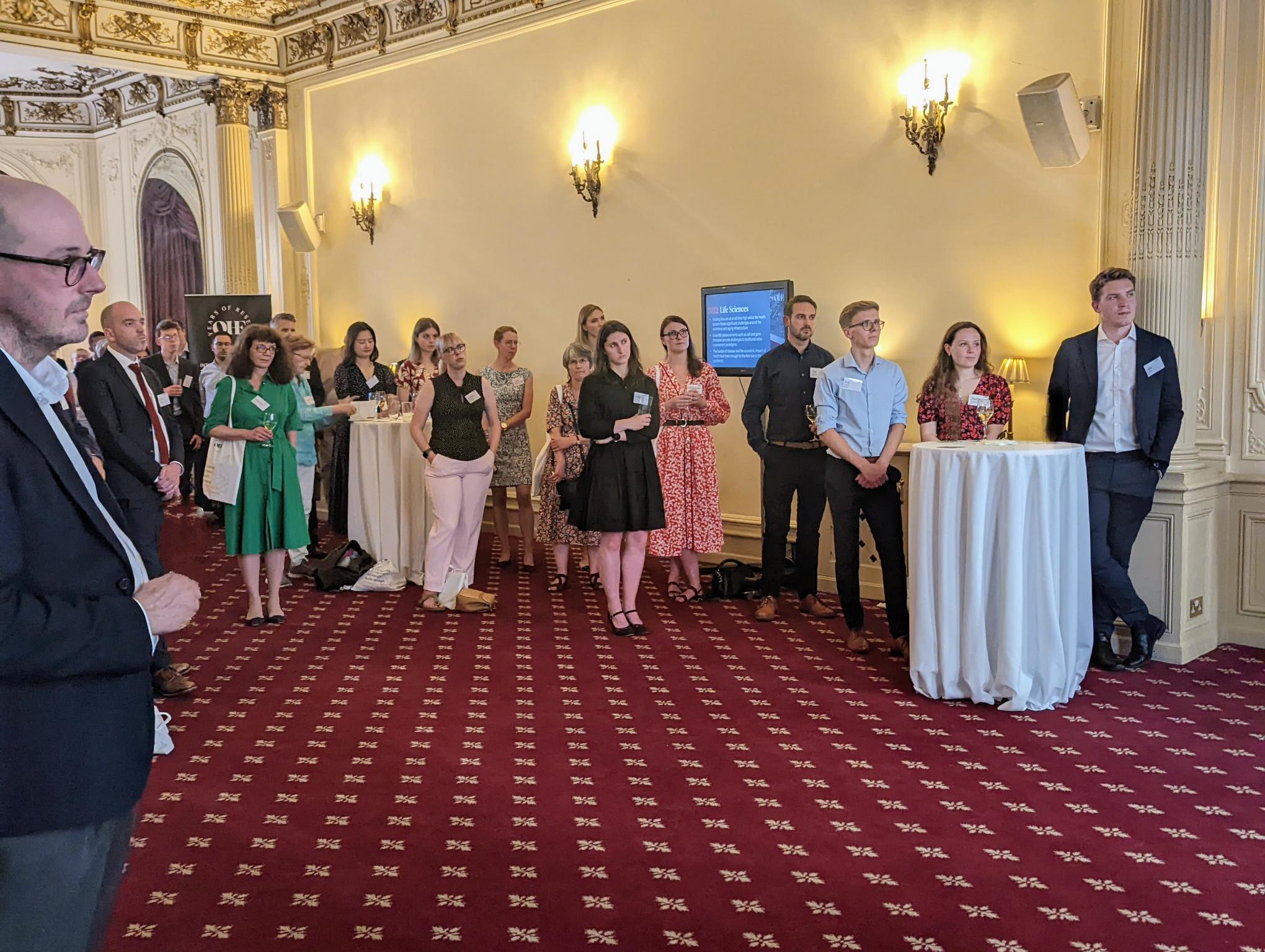Sign up to our newsletter Subscribe
Challenges and Solutions for Budget Impact Analysis of Gene Therapies

Sign up to our newsletter Subscribe

In this OHE lunchtime seminar, Prof Heidi Williams of MIT will present the results of a recent paper using newly-collected data on the sequencing of the human genome by the public Human Genome Project and the private firm Celera to…
In this OHE lunchtime seminar, Prof Heidi Williams of MIT will present the results of a recent paper using newly-collected data on the sequencing of the human genome by the public Human Genome Project and the private firm Celera to investigate how Celera’s gene-level IP influenced subsequent scientific research and product development.
Do intellectual property (IP) rights on existing technologies hinder subsequent innovation? In this OHE lunchtime seminar, Prof Heidi Williams of MIT will present the results of a recent paper using newly-collected data on the sequencing of the human genome by the public Human Genome Project and the private firm Celera to investigate how Celera’s gene-level IP influenced subsequent scientific research and product development. Across a range of empirical specifications, the results provide evidence that Celera’s IP led to reductions in subsequent scientific research and product development on the order of 20 to 30 percent. From a policy perspective, these results suggest that, holding Celera’s entry constant, an alternative lump-sum reward mechanism may have had social benefits relative to Celera’s chosen form of IP. She will discuss these results in the context of existing theoretical and empirical research, and comment on the implications of these findings for public policy.
Prof Williams is an Assistant Professor of Economics at the Massachusetts Institute of Technology and a Faculty Research Fellow at the National Bureau of Economic Research (NBER). Her research focuses on investigating the causes and consequences of technological change in health care markets. Heidi received her AB in mathematics from Dartmouth College in 2003, and her MSc in development economics from Oxford University in 2004, where she was a Rhodes Scholar. She received her PhD in economics from Harvard in 2010.
When:12 noon – 2.00 PM, Wednesday, 24 October 2012
Where: Sir Alexander Fleming Room, 7th Floor, Southside,105 Victoria Street, London (at OHE)
An error has occurred, please try again later.
This website uses cookies so that we can provide you with the best user experience possible. Cookie information is stored in your browser and performs functions such as recognising you when you return to our website and helping our team to understand which sections of the website you find most interesting and useful.
Strictly Necessary Cookie should be enabled at all times so that we can save your preferences for cookie settings.
If you disable this cookie, we will not be able to save your preferences. This means that every time you visit this website you will need to enable or disable cookies again.
This website uses Google Analytics to collect anonymous information such as the number of visitors to the site, and the most popular pages.
Keeping this cookie enabled helps us to improve our website.
Please enable Strictly Necessary Cookies first so that we can save your preferences!


